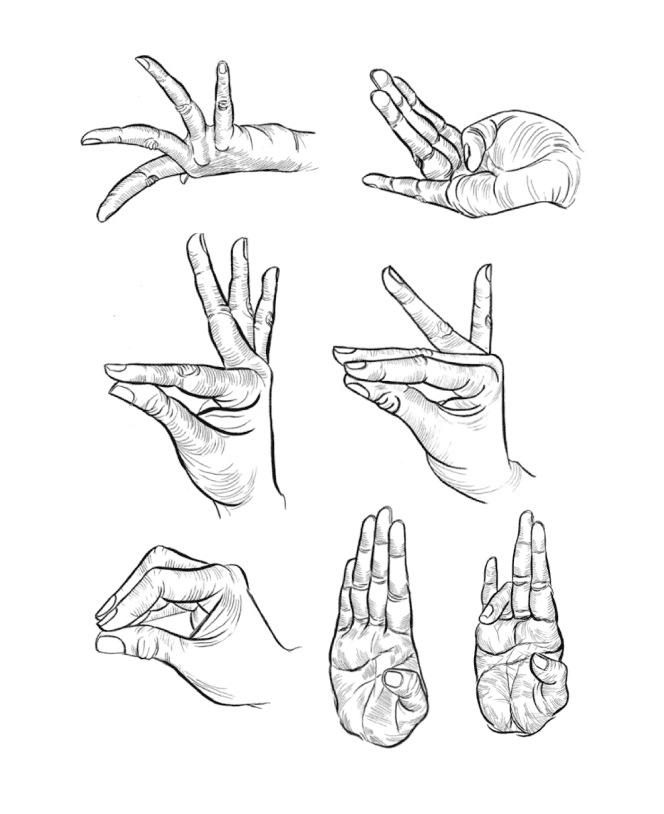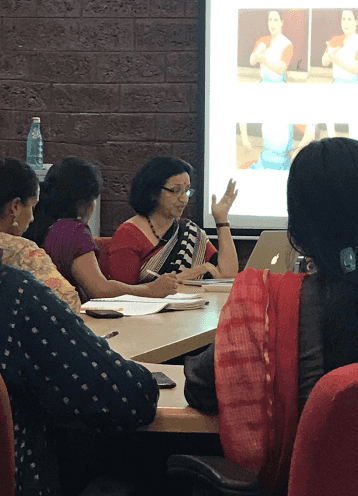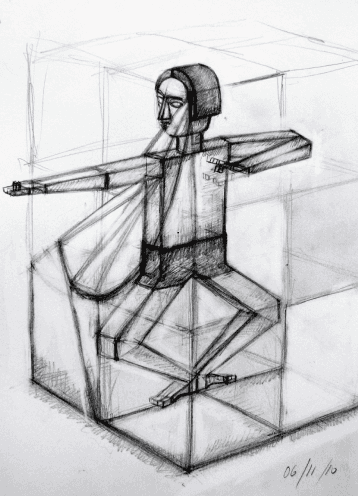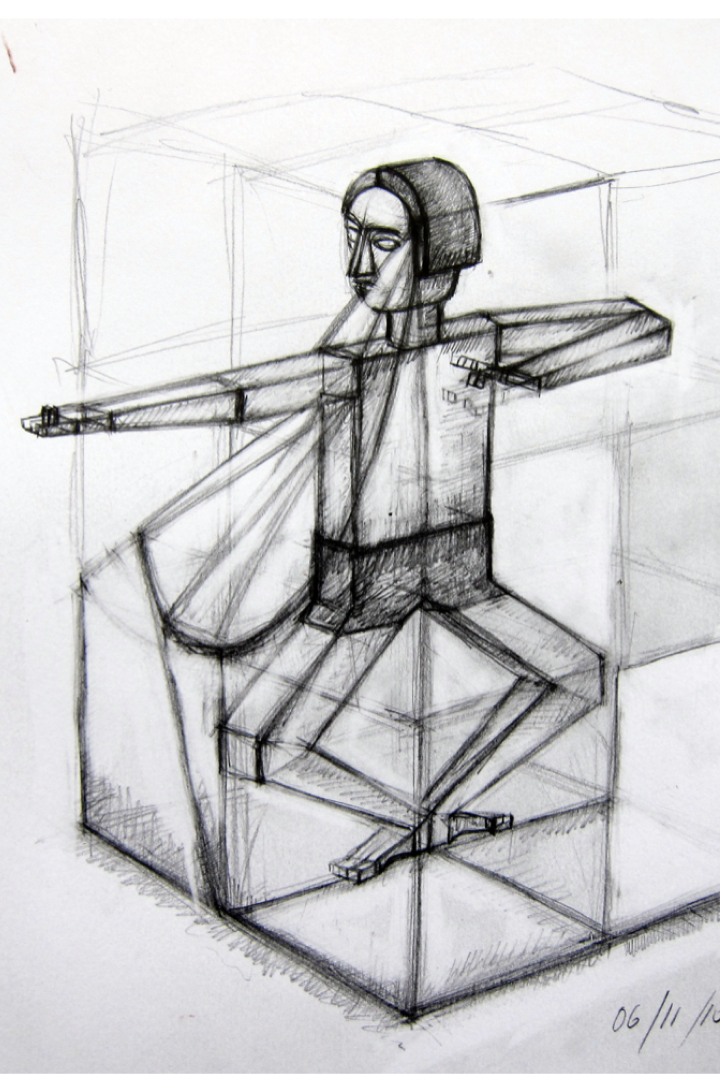
Chances as well as challenges in Rajyashree Ramesh’s cross-cultural work triggered her interest in the study of human movement. After certifying as Laban/Bartenieff Movement Analyst she channelised her expertise in dance and movement into academic research, receiving a doctorate from Europa-University Viadrina, Germany.
In her research Rajyashree addresses questions on embodied meaning and cognition from a movement and performing arts perspective. By placing the theory and practice of the Indian performing arts Nāṭya in the theoretical framework provided by current Linguistic Gesture Studies, Cognitive Linguistic Research, Brain Research on emotions and Fascia Research, her extensive cross-disciplinary practise-based analysis traced the primordial role of movement and emotions for embodiment and body-brain processes.
This research, in particular from the perspective of a long-standing performing arts tradition, instantiated a dialogue between these fields. In doing so it opened a new research field, as her thesis was reviewed, with implications for Embodiment Studies, Dance/Movement Studies, and finally Cultural Studies.
Her exemplary movement-based top-down approach unveiled thereby the very nature of primary movement emergent inner to outer in emotive-kinetic processes. The practical implications of these central findings constitute the Movement Studies programmes she offers, ushering in new transcultural and transdisciplinary perspectives for not only performance and choreography, but also dance/movement education and therapy.
Doctoral Thesis : Sensing and Shaping – the emotive-kinetic grounding of meaning. A cross-disciplinary analysis of Indian Dance Theatre.
(OPUS4-Dokumentenserver: https://opus4.kobv.de/opus4-euv/frontdoor/index/index/docId/485)
Movement Studies: FasciaNatya






